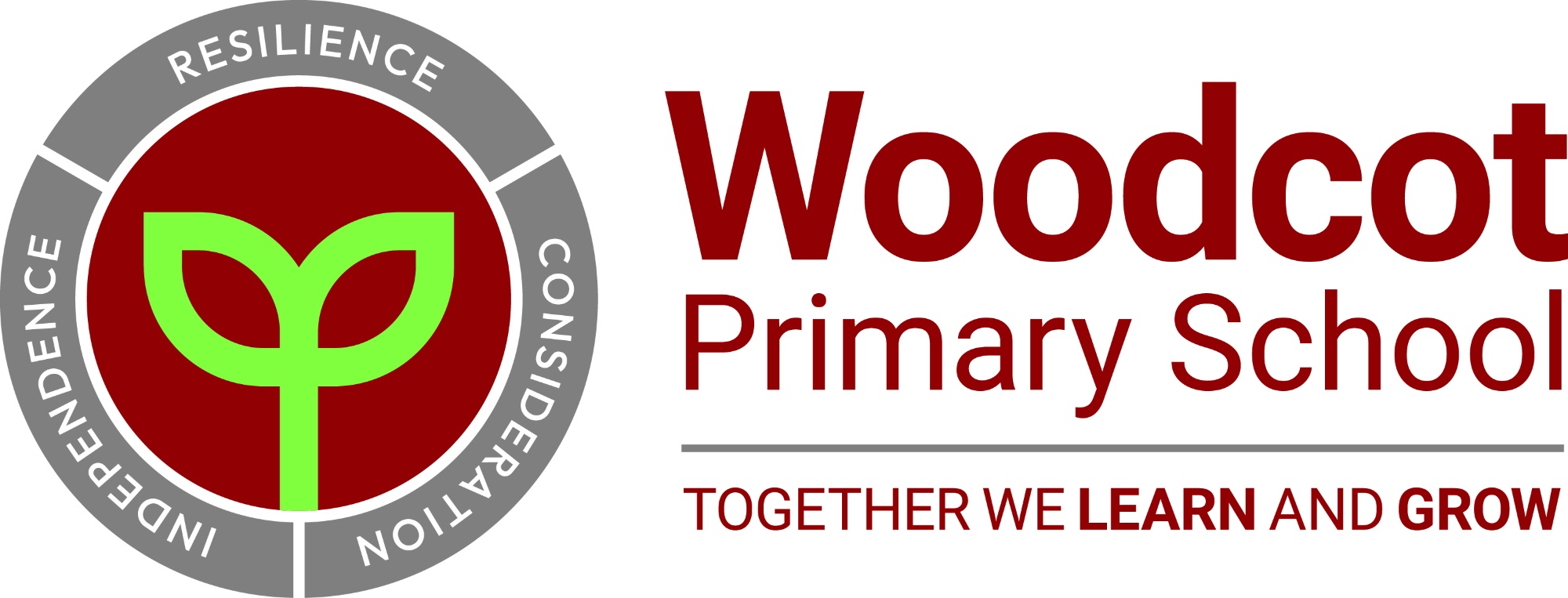History
Currciulum Leaders are responsible for History. This means ensuring there is an ambitious curriculum set, supporting teachers to implement it through high-quality lessons and checking that everything is helping children to know more, remember more and do more.
If you would like more information in addition to that published on this page, please email:
admin@woodcotschool.co.uk
Purpose of Study
A high-quality history education will help pupils gain a coherent knowledge and understanding of Britain’s past and that of the wider world. It should inspire pupils’ curiosity to know more about the past.
Teaching should equip pupils to ask perceptive questions, think critically, weigh evidence, sift arguments, and develop perspective and judgement.
History helps pupils to understand the complexity of people’s lives, the process of change, the diversity of societies and relationships between different groups, as well as their own identity and the challenges of their time.
Aims
The National Curriculum - History key stages 1 to 2
-
-
know and understand the history of these islands as a coherent, chronological narrative, from the earliest times to the present day: how people’s lives have shaped this nation and how Britain has influenced and been influenced by the wider world
-
know and understand significant aspects of the history of the wider world: the nature of ancient civilisations; the expansion and dissolution of empires; characteristic features of past non-European societies; achievements and follies of mankind
-
gain and deploy a historically grounded understanding of abstract terms such as ‘empire’, ‘civilisation’, ‘parliament’ and ‘peasantry’
-
understand historical concepts such as continuity and change, cause and consequence, similarity, difference and significance, and use them to make connections, draw contrasts, analyse trends, frame historically-valid questions and create their own structured accounts, including written narratives and analyses
-
understand the methods of historical enquiry, including how evidence is used rigorously to make historical claims, and discern how and why contrasting arguments and interpretations of the past have been constructed
-
gain historical perspective by placing their growing knowledge into different contexts, understanding the connections between local, regional, national and international history; between cultural, economic, military, political, religious and social history; and between short- and long-term timescales.
-
Intent
At Woodcot Primary School, our intent for History education is to foster a deep understanding and appreciation of the past among our pupils, inspiring curiosity about local, national, and global histories. Our objectives include:
Knowledge Acquisition: Students will build a robust understanding of key historical periods, figures, and events, making meaningful connections.
Skills Development: We aim to develop critical thinking and enquiry skills, enabling pupils to analyse sources and construct reasoned arguments.Cultural Understanding: Our curriculum is inclusive and multicultural, reflecting the diversity of our community and encouraging appreciation of different perspectives.
Personal Growth: We promote empathy and understanding, empowering pupils to consider the implications of history on contemporary society.
Implementation
We implement our History curriculum through a systematic and engaging approach:
Curriculum Design: Our curriculum is thoughtfully mapped across key stages, incorporating the National Curriculum while tailoring content to pupils' backgrounds and interests.
Enquiry-Based Learning: Lessons encourage pupils to ask questions and engage in investigations through diverse methods like role-play and group discussions.
Cross-Curricular Opportunities: We integrate History with other subjects, enhancing learning through collaborations.
Use of Resources: We utilise a range of resources including primary documents, engaging texts, visits and visitors - creating real-world connections to historical content.
Continuous Assessment and Feedback: We employ formative assessments to adapt teaching and support student needs effectively.
Impact
The impact of our History curriculum is reflected in pupil engagement and community feedback:
Pupil Outcomes: Students show a strong understanding of historical concepts and demonstrate enthusiasm for further exploration beyond the classroom.
Cultural Competence: Pupils develop respect and understanding for diverse histories, enhancing their interaction within the school community.
Behaviour and Attitudes: Increased engagement and motivation during History lessons are evidenced by positive pupil feedback and participation rates.
Community Engagement: Families are encouraged to help with the home learning topic ideas and are invited in throughout the year to various events which showcase the learning.
Continuous Improvement: Regular evaluations of our programme ensure responsiveness to student and community needs, enhancing future provisions.
Year 1 - Autumn 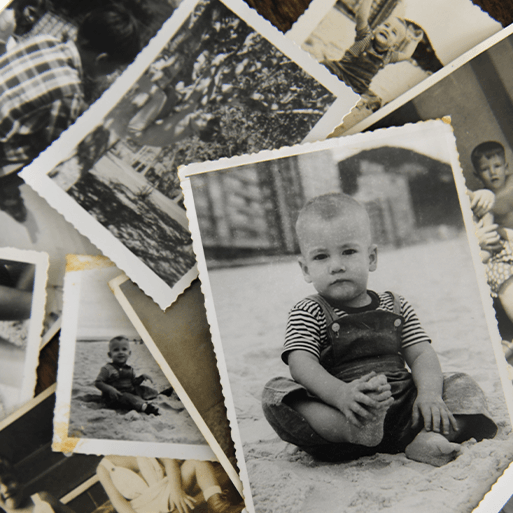

Childhood
This teaches children about everyday life and families today, including comparisons with childhood in the 1950s, using artefacts and a range of different sources.
Spring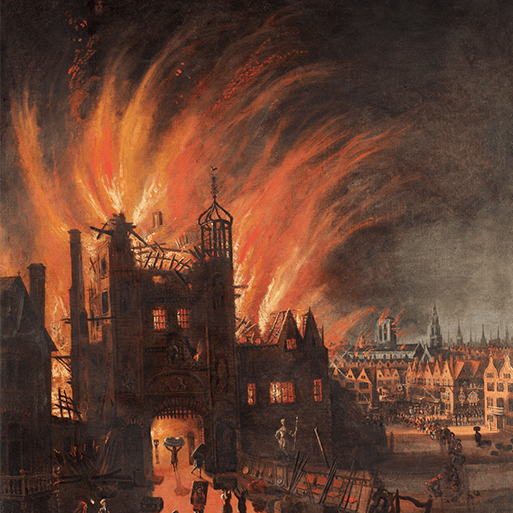
The Great Fire of London
This project will help children to answer the question: Why was the Great Fire of London a significant event?
Children will learn what London was like in the 1600s when the Great Fire of London began. Children will then use a timeline to sequence the main events. They will also learn why the fire spread so quickly and look at historical sources to find out how Londoners fought the fire. In addition, children will learn about Samuel Pepys and listen to extracts from his diary. Finally, they will learn how the Great Fire changed London forever.
Summer 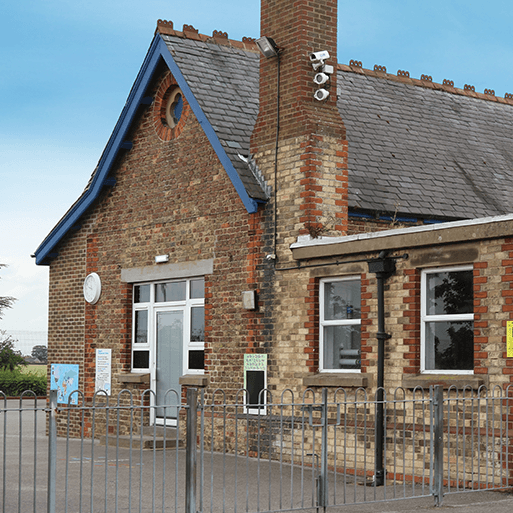
School Days
This project teaches children about their own school and locality, both today and in the past. They compare schooling in the Victorian era to their experiences today.
Year 2 - Autumn 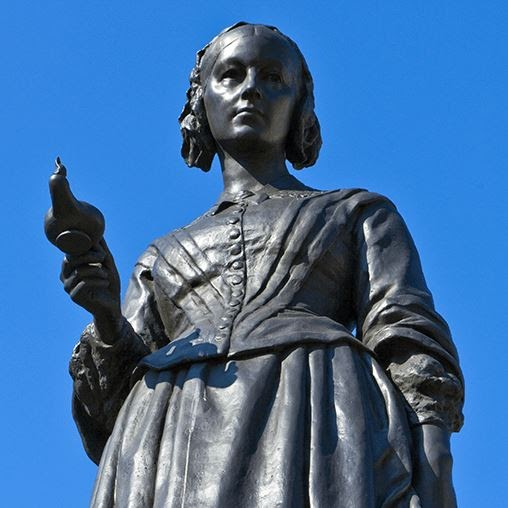
Movers & Shakers
This project teaches children about historically significant people who have had a major impact on the world. They will learn to use timelines, stories and historical sources to find out about the people featured and use historical models to explore their significance.
Spring
Geography focus for this term.
Summer 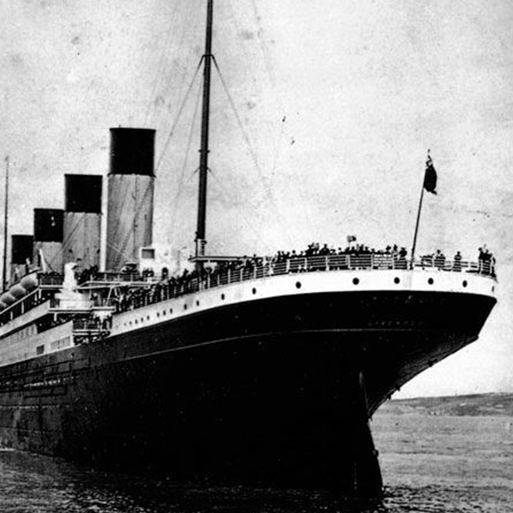
Titanic
This project will help the children to answer the question: Why is the sinking of the Titanic still remembered today? During this project, chidren will learn the story of the Titanic, from its ambitious construction to its tragic sinking on 15th April 1912. Through historical accounts and other sources of evidence, children will uncover the human stories and lessons learned from one of history’s most infamous maritime disasters.
Year 3 - Autumn 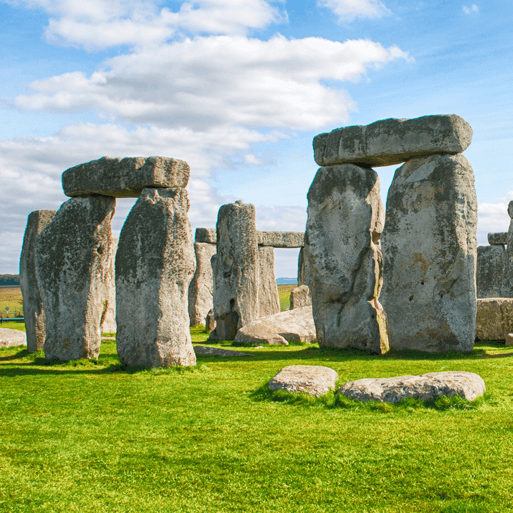
Through The Ages
This project teaches children about British prehistory from the Stone Age to the Iron Age, including changes to people and lifestyle caused by ingenuity, invention and technological advancement.
Spring
Geography focus for this term.
Summer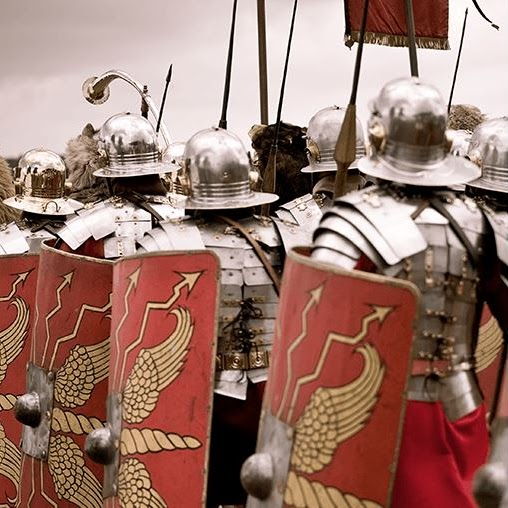
Emperors & Empires
This project teaches children about the history and structure of ancient Rome and the Roman Empire, including a detailed exploration of the Romanisation of Britain.
Year 4 - Autumn 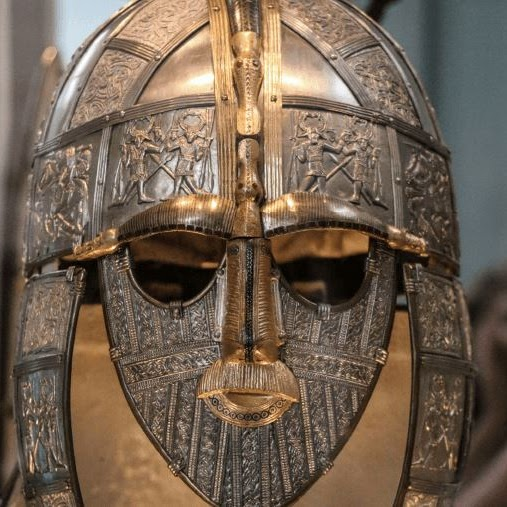
Invasion
This project teaches children about life in Britain after the Roman withdrawal. Children will learn about Anglo-Saxon and Viking invasions up to the Norman conquest.
Spring
Geography focus for this term.
Summer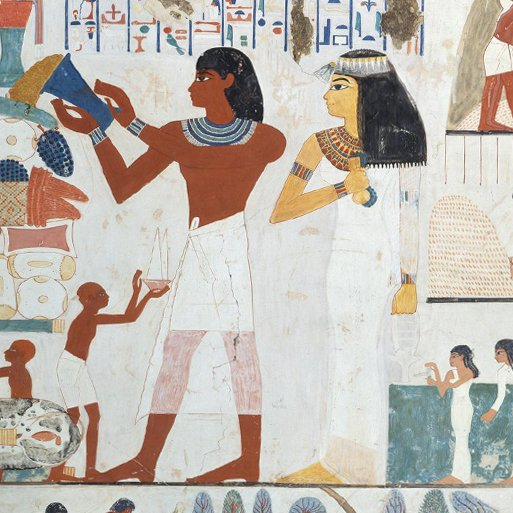
Ancient Civilisations
This project teaches children about the history of three of the world’s first ancient civilisations: ancient Sumer, ancient Egypt and the Indus Valley civilisation. Children will learn about the rise, life, achievements and eventual end of each civilisation.
Year 5 - Autumn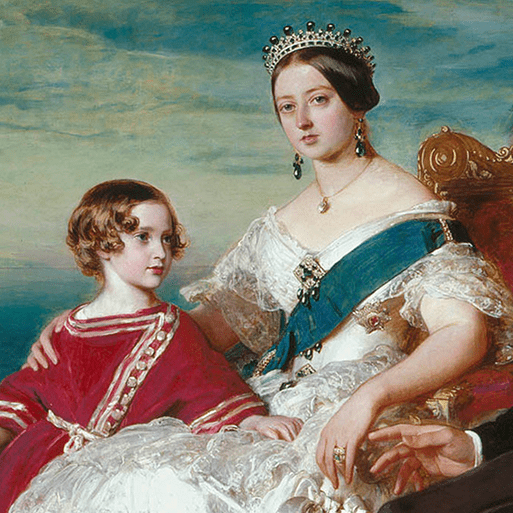
Revolution
This project helps children to discover a time when great minds thought new thoughts and ingenious inventors created so many things that we take for granted today: the electric light bulb, the telephone and the first flushing toilet. Let’s forge ahead to research a time when Victoria was Queen and Albert was Prince Consort, and when some people lived in slums while others prospered. Take on the role of an important reformer and present your good causes to the Queen. Can you gain the support of a wealthy sponsor? Full steam ahead to the Victorian age.
Spring
Geography focus for this term.
Summer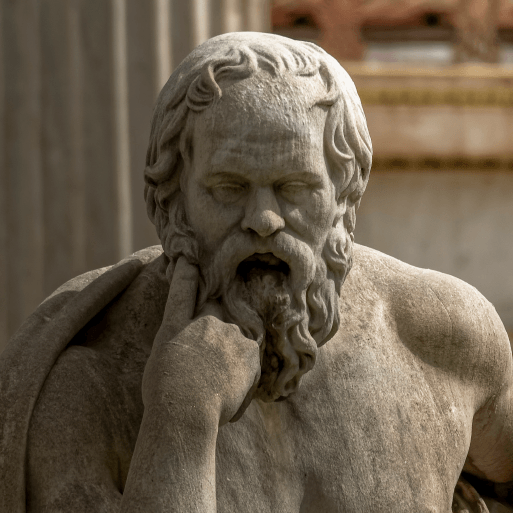
Groundbreaking Greeks
This project teaches children about developments and changes over six periods of ancient Greek history, focusing on the city state of Athens in the Classical age, and exploring the lasting legacy of ancient Greece.
Year 6 - Autumn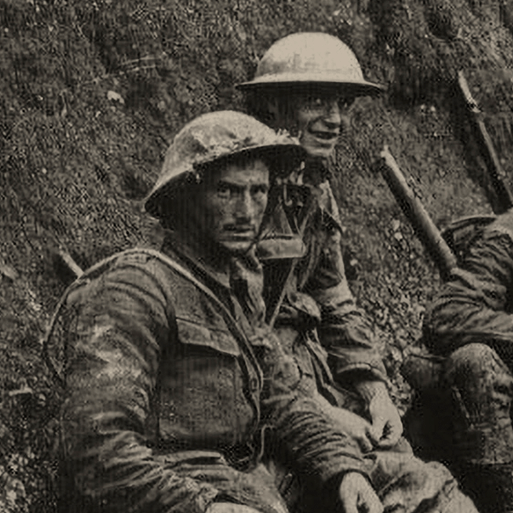
Britain at War
This project teaches children about the causes, events and consequences of the First and Second World Wars, the influence of new inventions on warfare, how life in Great Britain was affected and the legacy of the wars in the post-war period..
Spring
Geography focus for this term.
Summer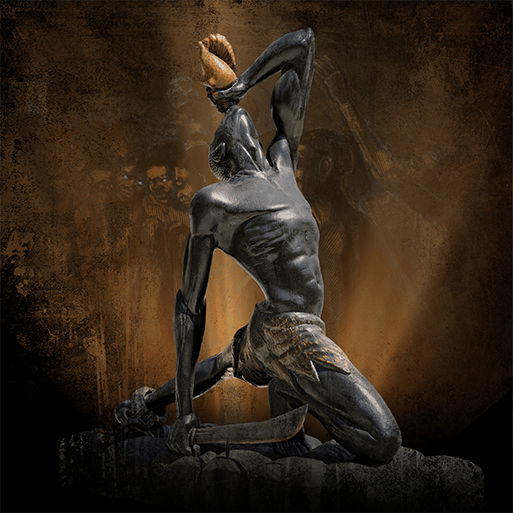
Mafaa
This project teaches children about Africa past and present and the development of the slave trade. It also explores Britain’s role in the transatlantic slave trade, the causes and consequences of the European colonisation of Africa and the worldwide communities that make up the African diaspora
In conclusion, at Woodcot, our commitment to outstanding History education equips pupils to become knowledgeable, curious, and culturally aware individuals, prepared to engage with their world through history.
Progression on a Page ...
Here is an overview of what we expect children to be taught, know and do by the end of each year group.
Year R
-
Children are taught about the people and society around them. They learn to talk about the different roles people have in their community and understand the importance of each role.
-
Through exploring history and the past, children develop an understanding of the differences between things in the past and now. They learn to identify some key differences in society, such as changes in technology, clothing, and customs.
-
Children are taught about the past through settings and events encountered in books read in class and through storytelling. They develop an appreciation for different cultures and traditions, and learn to understand how people in the past lived and worked.
-
Through this learning, children develop their language and communication skills, as well as their understanding of history and society. They learn to think critically about the world around them and develop an appreciation for the past and its impact on the present.
Year 1
Children will be able to describe an aspect of everyday life within or beyond living memory. They can understand that historical events, people and periods can be represented in stories, pictures, writing or role play. Children will be able to use words and phrases such as here, now, yesterday and last week, to communicate ideas and observations of passing time and will be able to identify similarities and differences between ways of life within or beyond living memory.
Year 2
Children will be able to describe the everyday lives of people in a time period and the hierarchy of a past society. They can present historical information in a simple non-chronological report and use historical sources to begin to identify viewpoint. Children can describe, in simple terms, the importance of local events, people and places and explain why past events are significant. They will be able to describe how an aspect of life and changed over time and explain the importance of a significant individuals achievement as well as sequence information in chronological order.
Year 3
Children will be able to describe the everyday lives of people from historical periods and how past civilisations or lives of people in Britain, developed during the Stone, Bronze and Iron ages. They can identify the best ways to present historical accounts and information and can make deductions about the reliability of a historical source or artefact. Children can analyse a range of historical information to explain how national and international events impact locality. They will be able to explain similarities and differences between two periods of history and the cause and effect of a significant event.
Year 4
Children will be able to create and present a thoughtful selection of relevant information including aspects of British history beyond 1066, in a historical report or in-depth study. They can describe the hierarchy of different roles in ancient civilisations and will be able to explain the cause and consequences of the Roman invasion on Britain. Children can use more complex historical terms and identify bias in primary and secondary sources. They will be able to compare and contrast two civilisations and describe and explain the impact of a past society on a local community.
Year 5
Children will be taught how everyday life changed for people after invasions and this will help them understand the importance of past or ancient civilisations. They will explore the validity of a range of historical reports and articulate and organise important information using historically related vocabulary. Children will be able to find evidence from a range of sources, identify bias and form balanced arguments and will be able to compare and contrast an aspect of history across two or more periods studied. Children will then explain why aspects of history, or the acts of historical people, make them significant.
Year 6
Children will evaluate the human impact of war, oppression, conflict and rebellion on everyday life of a past society. They will think critically, weigh evidence, sift arguments and present a perspective on an aspect of history and then include abstract terms to express ideas and information. Children will identify different types of bias and then present and examine detailed historical narratives of significant people and events, producing a clear chronology of world history.
